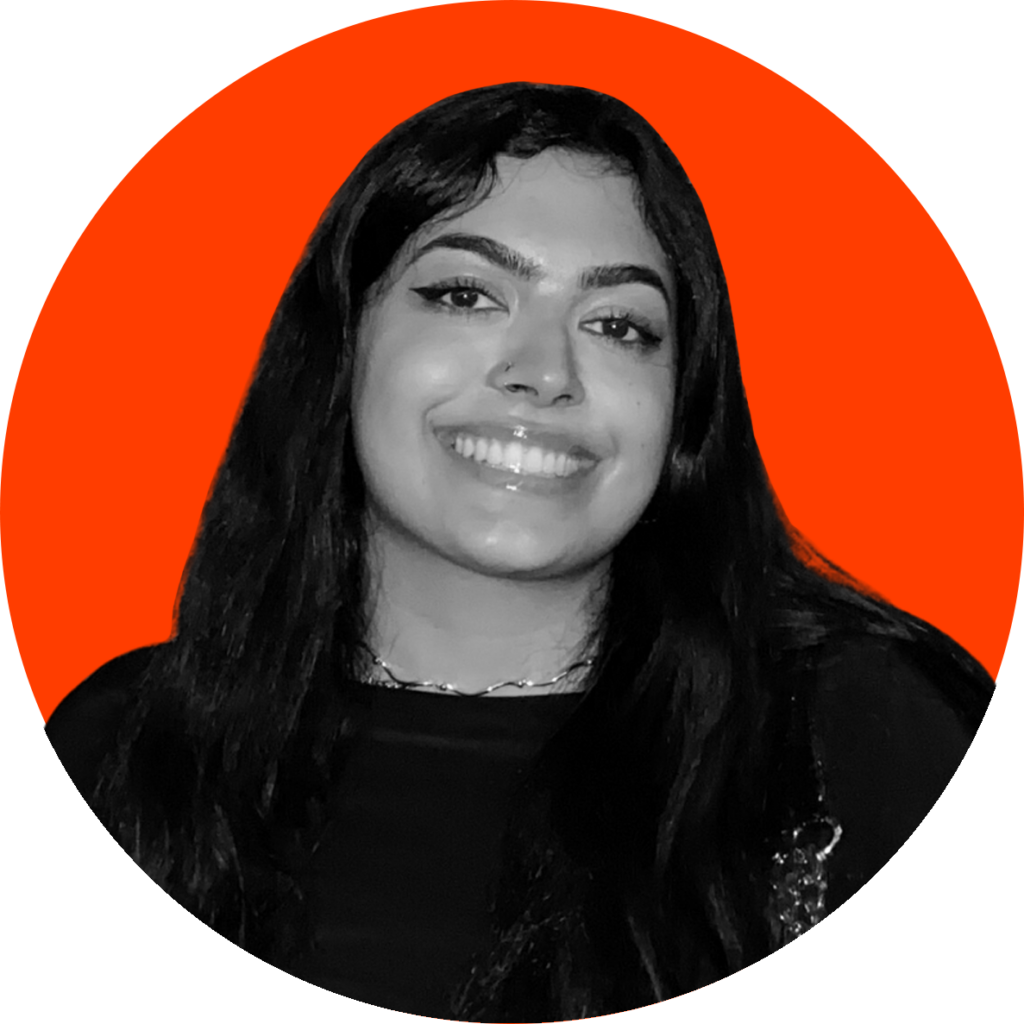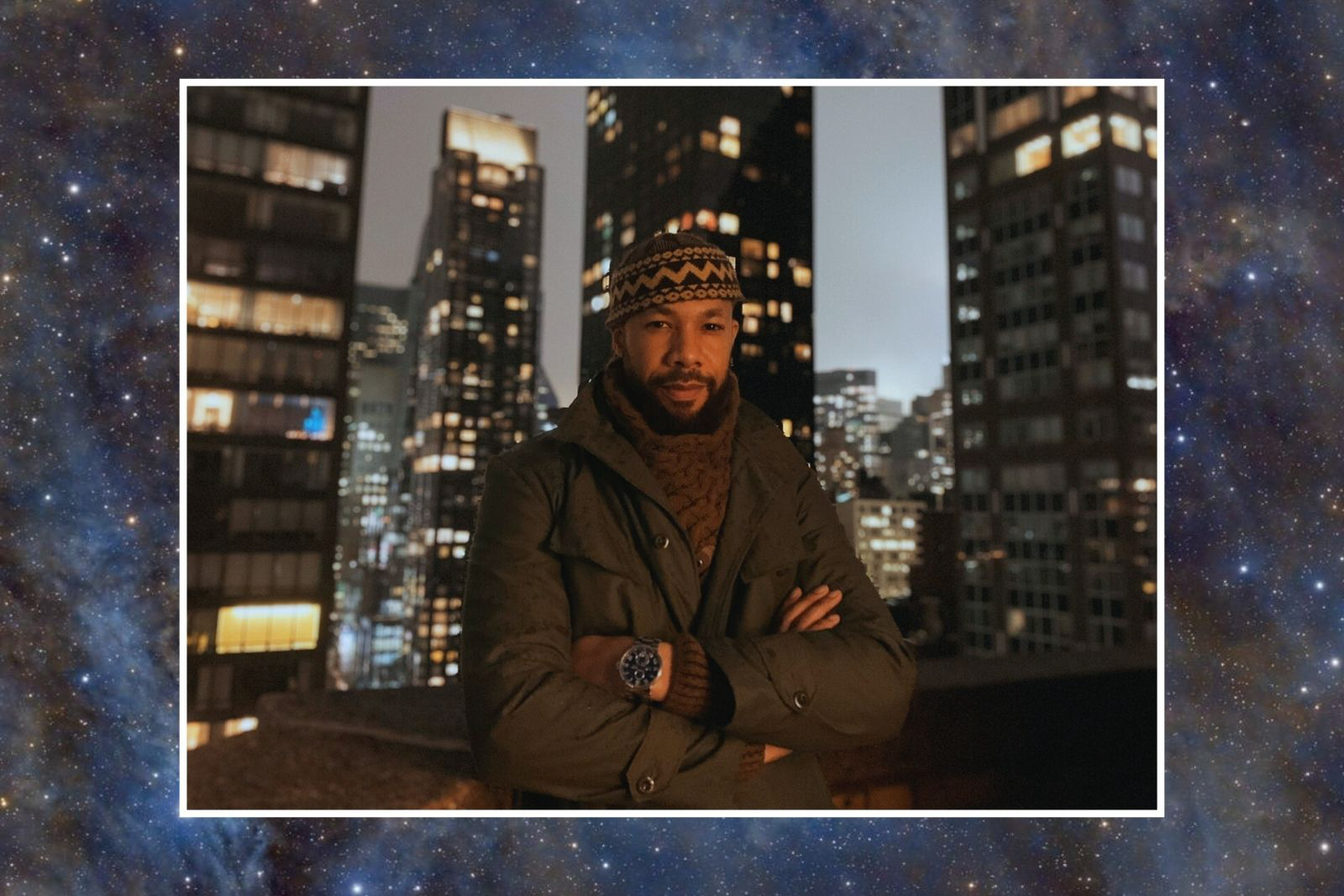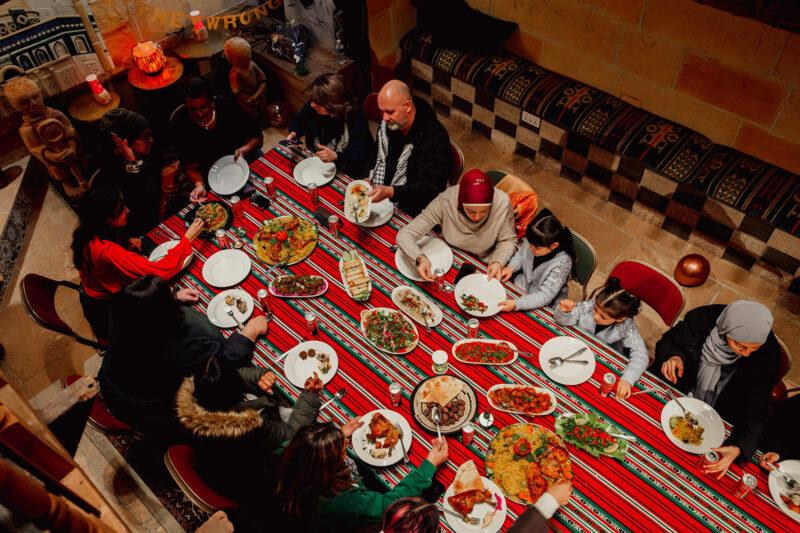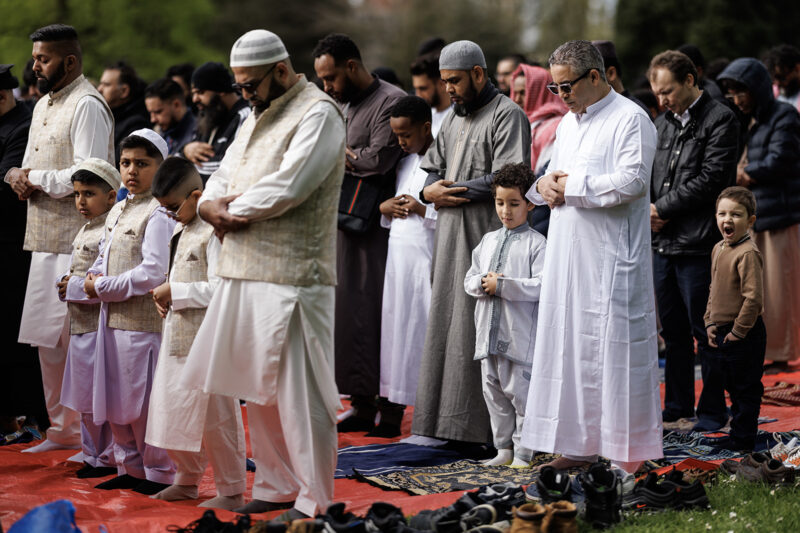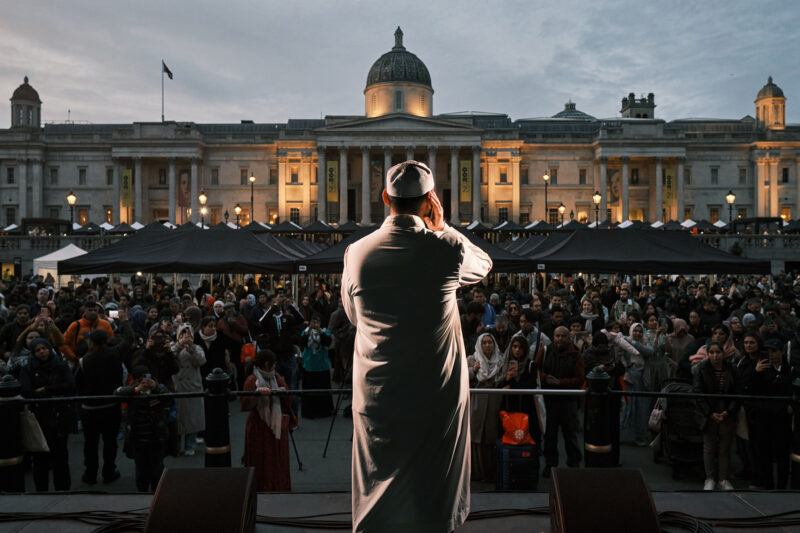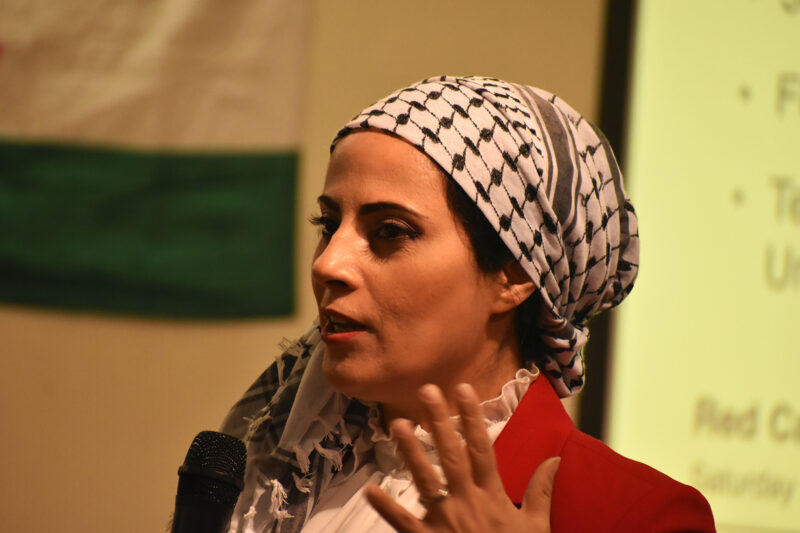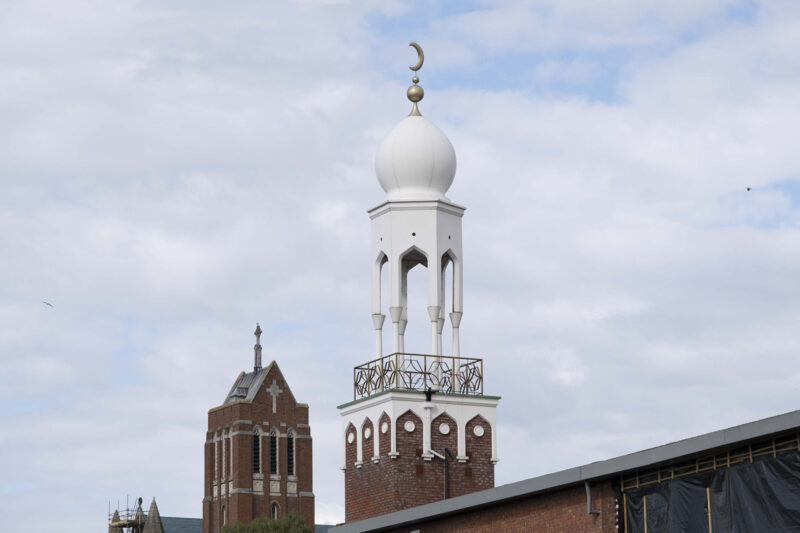Moon sighting course for UK Muslim leaders could spell end of ‘moon wars’
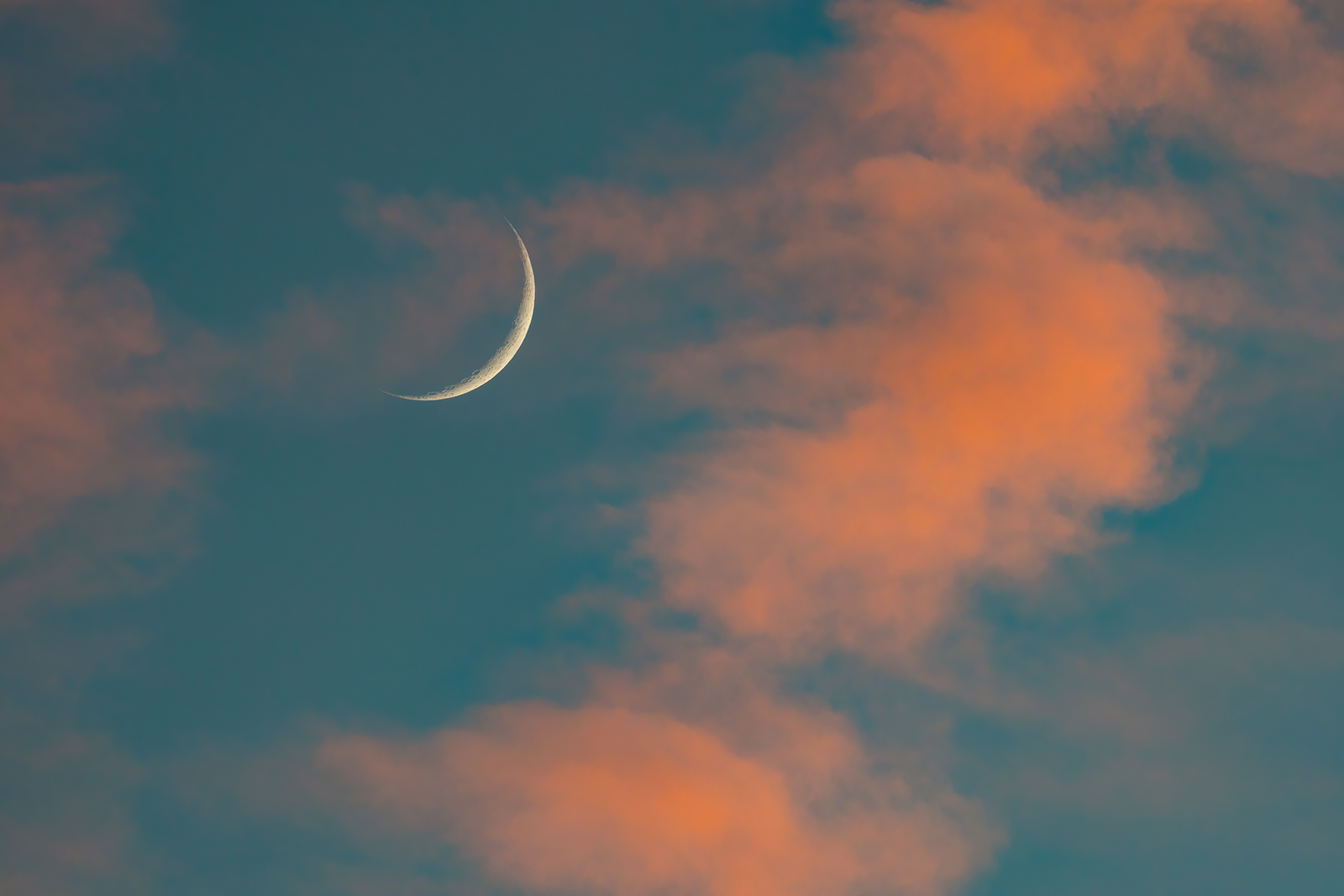
Working with Cambridge and Leeds universities, the Moonsighters Academy will train people to sight the new moon and call the start of Ramadan and Eid
Every year, British Muslims wait eagerly for the news of the crescent moon sighting to signify the start of Ramadan and Eid. But instead of looking up, most await an announcement through their local mosque, or reports of a moon sighting thousands of miles away.
And every year, like clockwork, the moon wars commence — an annual debate over which sighting to follow. Some mosques follow local moon observations, while others rely on announcements from countries such as Saudi Arabia, leading to divided start and end dates for Ramadan and Eid across the UK.
Now, however, a first-of-its-kind academic course on moon sighting in Britain could be the beginning of creating a standardised UK Islamic lunar calendar.
The Moonsighters Academy will give free training to 30 British Muslims as part of a wider effort to empower Muslim communities to sight the moon themselves rather than rely on news from abroad.
The nine-month course, which begins in mid-December and runs until August 2026, is a collaboration between the University of Cambridge, the University of Leeds and the New Crescent Society, a Muslim-focused astronomy club. Funded by a Spark Award from the UK Research and Innovation Science and Technology Facilities Council, the goal is to reconnect Muslims with the scientific and spiritual practice of lunar observation.
One of the course’s teachers is Imad Ahmed, founder and director of the New Crescent Society, which he set up nearly a decade ago to reconnect Muslims with lunar observation. “Growing up, it always seemed like we never had a united Eid in the UK,” he said. “It’s something that’s caused a lot of hurt in the community.”
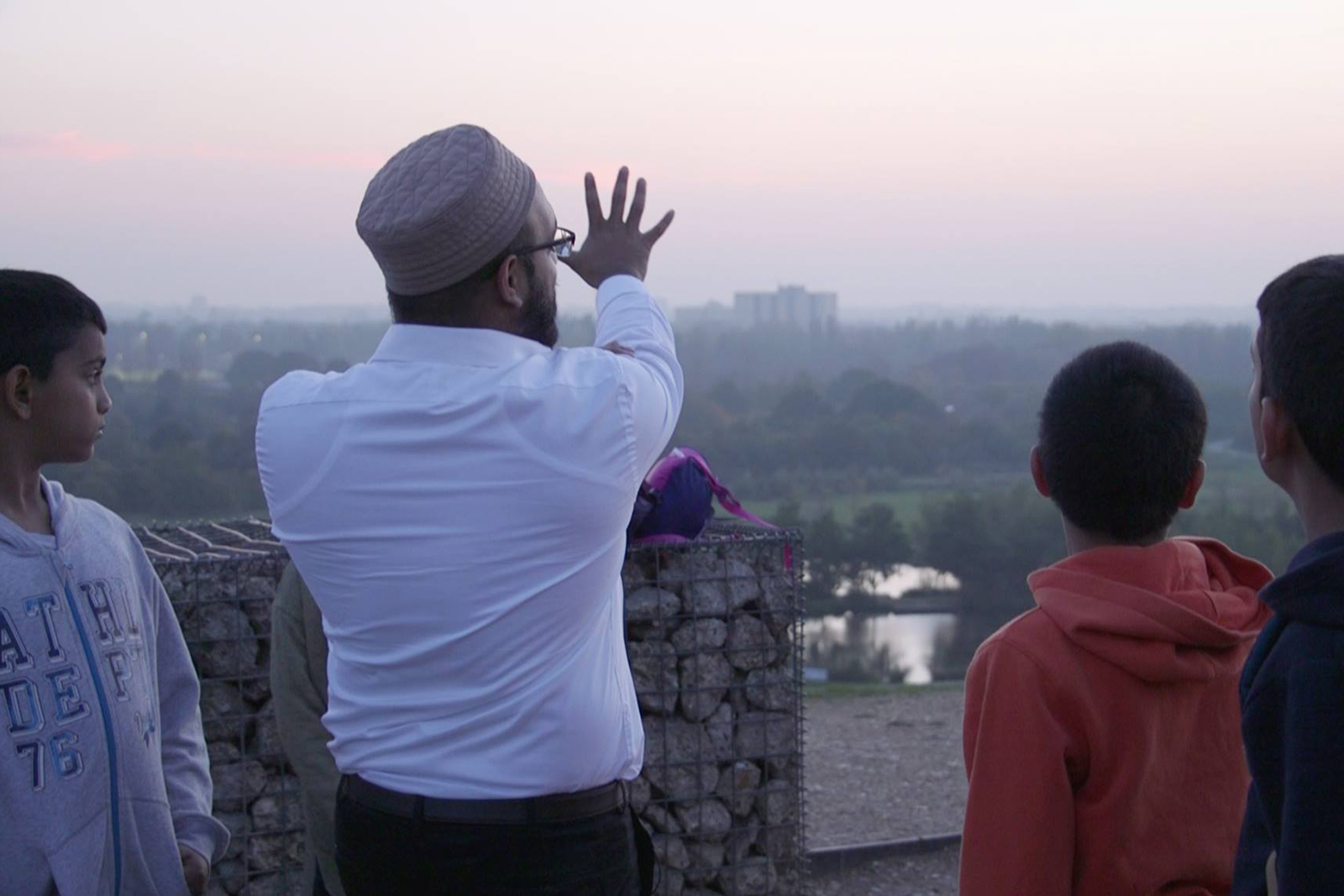
He continued: “As long as mosques in the UK follow the lunar calendar of multiple different countries, we’ll have a disunited calendar. Instead, we can bring back the decision-making to all of the communities that exist here.”
Ahmed has trained people around the world to sight the moon and hopes this course will equip participants to do the same in their own communities. This past Ramadan, he had multiple requests to teach people how to spot the moon. “I can’t be at 30 places at the same time,” he said. “I’m hoping that, over the years, people will be able to deliver this training in their own communities, whether that’s through mosques, scouts or mothers’ groups.”
The course has already drawn interest from across the UK and abroad, with applicants including astrophysicists and teachers. It has been advertised as aimed at Muslim leaders — but Ahmed clarified: “Leadership means different things to different people. We need to include all of the different types of leaders in the community… We want to take on a mix of people.”
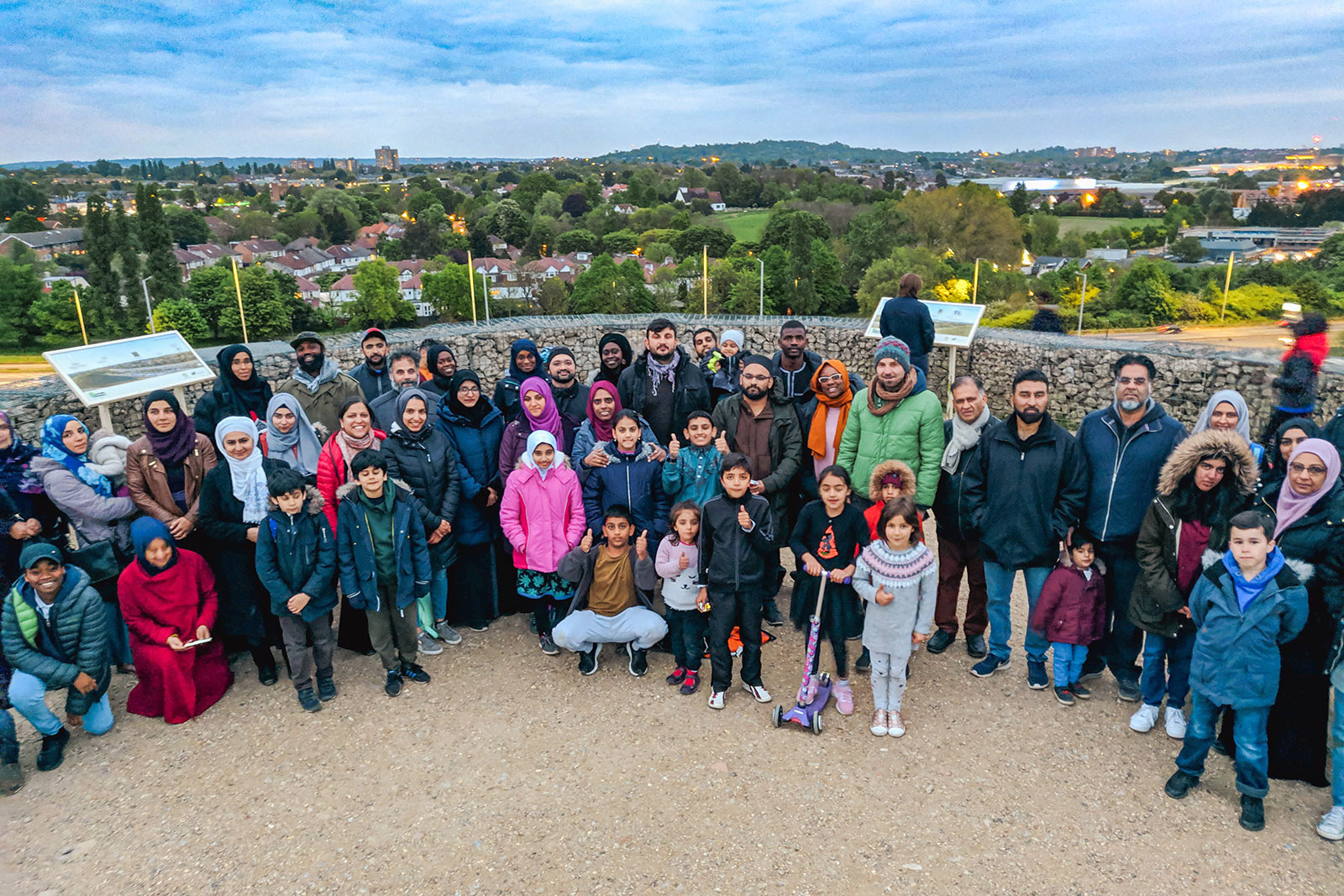
The course combines online and hands-on learning. Each month, attendees will be expected to spot the moon and participate in a 90-minute online session led by astronomers and academics. They will also attend two residential trips to Leeds and Cambridge, where they can observe the sky through telescopes and gain practical experience in lunar observation.
Ahmed believes this is the first step in uniting the UK in its lunar calendar. “Astronomy is part of the day-to-day life of a Muslim,” he said. “A Muslim who prays five times a day has an awareness of the sun, and a Muslim who fasts knows the importance of the crescent. If in every major Muslim community two or three people are trained and competent, it’s going to change the way the UK looks at astronomy for Muslims.”
He continued: “Eid isn’t just for the Mawlana [a term for a Muslim religious leader]. It’s for the mums, for makeup artists, for friends. The moon is for everyone. All we’re asking people to do is go out and look up.”
 Newsletter
Newsletter

